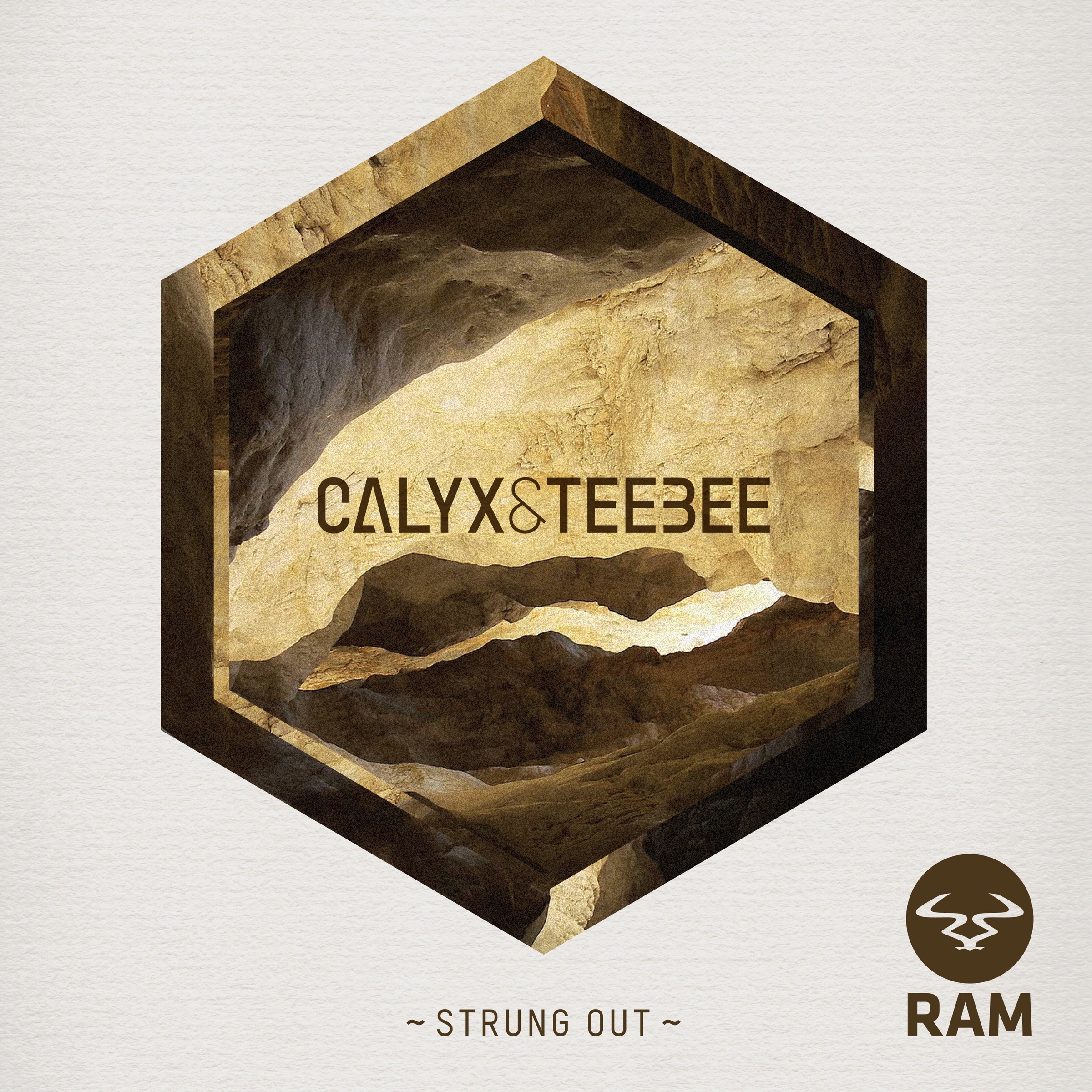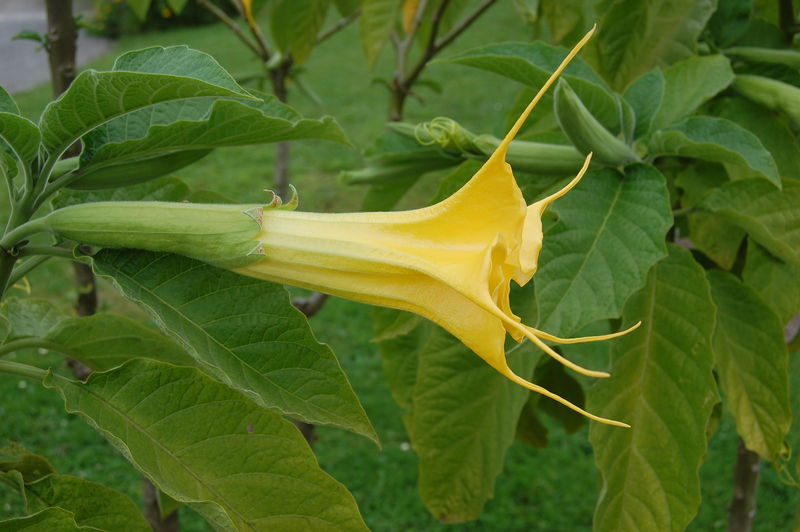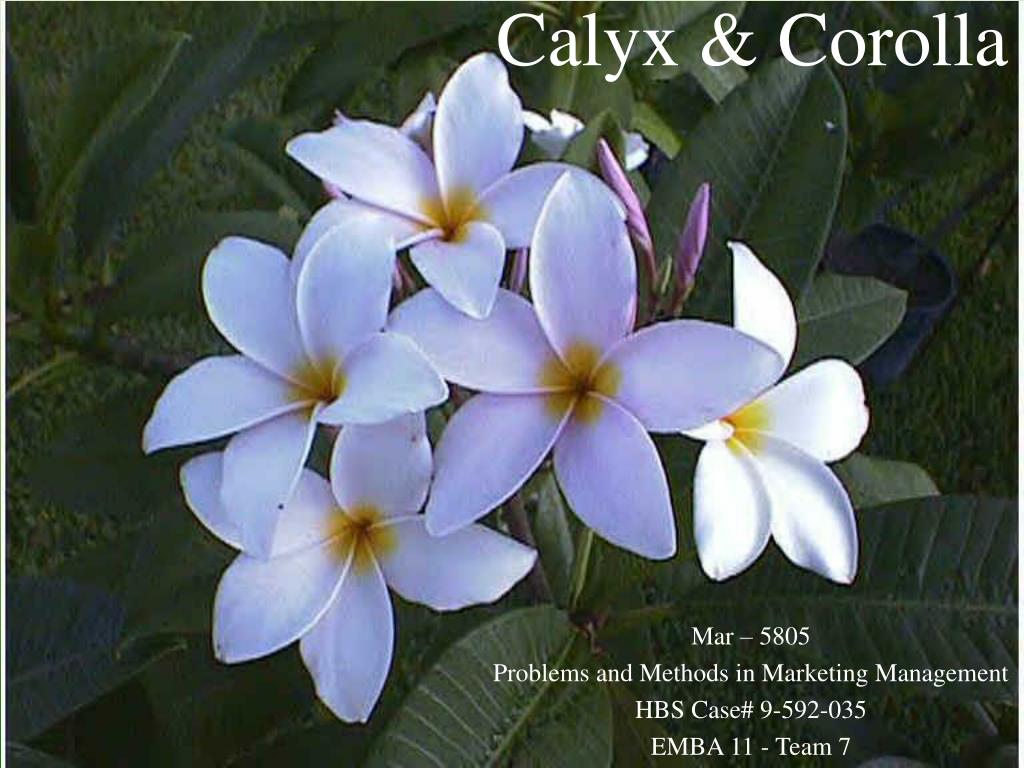
Free download program Calyx And Corolla Case Pdf movingblogs
The calyx is found just below the corolla. In some plants, the calyx and corolla are indistinguishable and are termed as perianth. Once the flower has bloomed, the calyx goes on to support the development of fruit. Sometimes, an additional whorl is found externally to the calyx that consists of a whorl of bracts that arise by the union of sepal.

Calyx and corolla pictures of Gilia Transmontana, Polemoniaceae
A calyx is the group of sepals. A corolla is the group of petals. It is the outermost layer of the flower. It is situated inside the calyx. It is typically green. It is usually brightly coloured. It safeguards the inner parts of the flower from damage. It attracts pollinators for the pollination process.

CALYX & COROLLA FLOWER PART 2 MORPHOLOGY OF FLOWERING PLANTS
Flowers contain the plant's reproductive structures. A typical flower has four main parts—or whorls—known as the calyx, corolla, androecium, and gynoecium (Figure 1). Figure 1. The four main parts of the flower are the calyx, corolla, androecium, and gynoecium. The androecium is the sum of all the male reproductive organs, and the.

Difference Between Calyx and Corolla Compare the Difference Between
A flower that has all four of the parts described above — Calyx, Corolla, Androecium, and Gynoecium — is called a "complete" flower. Flowers missing one or more parts are described as " incomplete .". We noted earlier that corn produces a flower without perianth. Such a flower could be described as "incomplete.".

Calyx and corolla pictures of Erythranthe Guttata, Phrymaceae
The calyx, corolla, and androecium fuse together to form a layer of tissue (hypanthium) that surrounds and fuses with the ovary. The ovary appears to sit below the other whorls, but is surrounded by the hypanthium (fused or not), a semi-inferior ovary. The last flower (c) is an epiogynous flower. The calyx, corolla, and androecium fuse together.

Anatomical description of calyx, corolla, androecium, gynoecium and
The Perianth: Calyx and Corolla Figure \(\PageIndex{3}\): A closed buttercup (Ranunculus sp.) flower shows the entire perianth. The sepals are smaller and covered in long trichomes. There are four sepals visible. Inside the sepal whorl (calyx), there are five overlapping, yellow petals. These petals form the corolla.

Calyx and corolla pictures of Mimulus Aurantiacus, Phrymaceae
Flowers contain the plant's reproductive structures. A typical flower has four main parts—or whorls—known as the calyx, corolla, androecium, and gynoecium (Figure 1). The outermost whorl of the flower has green, leafy structures known as sepals. The sepals, collectively called the calyx, help to protect the unopened bud.
.jpg_img_upload_solution_2022-08-18 12:50:15.090955.png)
Differentiate between calyx and corolla.
May 28, 2019. by Lakna. 5 min read. The main difference between calyx and corolla is that calyx is the whorl of sepals of a flower whereas corolla is the whorl of petals. Furthermore, calyx forms the outermost layer of the flower while corolla is the whorl that occurs in the inner side of the calyx. Calyx and corolla are two whorls of modified.

Swertia corymbosa A. Flowering branch; B. Flower; C. Calyx; D. Corolla
The calyx and corolla are collectively named the perianth. Some flowers lack a perianth. Some flowers lack a perianth. Corn is an example; it is wind pollinated and has no need for a showy perianth to attract insect pollinators.

What is the Difference Between Calyx and Corolla
Fresh-cut, luxury, flowers delivered right to your door. Calyx Flowers ships beautiful bouquets, plants & gifts perfect for any holiday or occasion. Call 1-800-800-7788. Join Luxury Rewards; About Us; Corporate Gifts; Customer Care.. Established in 1988 as Calyx & Corolla, today Calyx Flowers provides premium luxury flowers, plants and gifts.

Calyx & Corolla Case1 Floristry Coupon
The calyx and corolla are known as the non-essential whorls of a flower as they are not directly involved in the process of reproduction. Let us discuss more about these non-essential whorls of a flower. Calyx. Calyx is the outermost leafy whorl of the flower.

CALYX AND COROLLA YouTube
Corolla Apopetalous corolla Tubular-campanulate corolla, bearing long points and emergent from tubular calyx ( Brugmansia aurea, Golden Angel's Trumpet, family Solanaceae).. The collection of all petals in a flower is referred to as the corolla. The role of the corolla in plant evolution has been studied extensively since Charles Darwin postulated a theory of the origin of elongated corollae.

😂 Calyx and corolla case. Calyx and Corolla. 20190205
One key difference between the calyx and corolla is their location within the flower. The calyx is the outermost whorl, surrounding the corolla, while the corolla is located inside the calyx. This difference in positioning highlights their respective roles in protection and attraction. Another difference lies in their appearance.

Anatomical description of calyx, corolla, androecium, gynoecium and
At Calyx Flowers we set the industry standard and continue to innovate with unique flower and plant offerings, limited-edition vases, and exclusive designer wreaths. We are here for you 24/7 online and in-person from our friendly call center located in southern Maine. As a family-owned business, our commitment is to you.

Flower Structure Biology for Majors II
Other articles where corolla is discussed: plant reproductive system: Angiosperms:.and the petals as the corolla; the calyx and corolla compose the perianth. If sepals or petals are lacking, the flower is said to be incomplete. Although incomplete, a flower that has both stamens and a pistil is said to be perfect; lacking either of these parts, it is imperfect.

What is the Difference Between Calyx and Corolla
Flower Structure. A typical flower has four main parts—or whorls—known as the calyx, corolla, androecium, and gynoecium ( Figure 32.3 ). The outermost whorl of the flower has green, leafy structures known as sepals. The sepals, collectively called the calyx, help to protect the unopened bud.